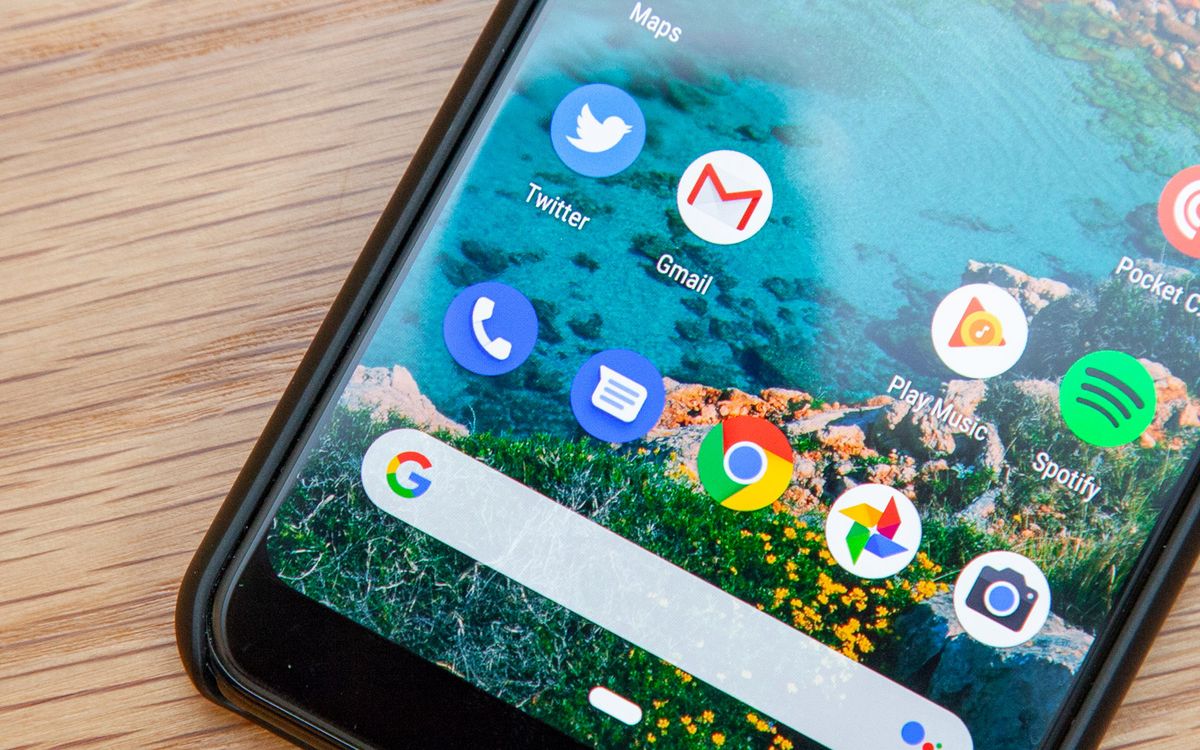
What is SMS?
SMS, or Short Message Service, has been a staple of mobile communication since the early 1990s. The first SMS message, "Merry Christmas," was sent in 1992. Recognized as a standard text message, SMS is defined as 160-character, text-only messages sent via cellular networks.
Key Features and Characteristics of SMS
- Message Length: Limited to 160 characters, SMS messages are simple and easy to use but restrict the amount of information conveyed.
- Universal Compatibility: Supported by virtually all mobile phones, including both smartphones and basic mobile phones, making it an excellent tool for businesses to reach a wide audience.
- Low Cost: Generally cost-effective for both businesses and consumers, with standard text messaging rates often included in mobile phone plans.
- Plain Text: Text-only messages keep development and integration costs low for businesses but limit engagement potential.
- Sent via a Cellular Network: Delivered over cellular networks, ensuring messages can be sent even without an active data connection.
What is RCS?
RCS, or Rich Communication Services, aims to replace SMS with a more advanced and feature-rich messaging system. Designed to provide a better experience for Android users, RCS functions similarly to OTT apps like iMessage or WhatsApp.
Key Features and Characteristics of RCS
- Rich Media Support: Enables sharing multimedia content like images, videos, GIFs, and location data, allowing businesses to create more engaging messages.
- Longer Message Limit: Supports messages up to 8,000 characters, allowing for more detailed and informative communication.
- Read Receipts and Typing Indicators: Provides real-time feedback on whether messages have been read and if the recipient is typing a response.
- End-to-End Encryption: Ensures secure messaging, keeping messages private during transmission.
- Requires Data Connection: Needs either a cellular data connection or internet connection, limiting availability to devices with mobile data capabilities or active internet connections.
Comparison Chart: SMS vs RCS
| Feature | SMS | RCS |
|---|---|---|
| Message Length | 160 characters | Up to 8,000 characters |
| Media Support | No images or videos | Supports images, videos, GIFs, location data |
| Read Receipts | No read receipts | Provides read receipts and typing indicators |
| Encryption | No encryption | Offers end-to-end encryption |
| Data Connection | No data connection needed | Requires data connection (cellular or Wi-Fi) |
| Compatibility | Widely supported by all phones | Supported by some phones, but requires manual enabling on Android devices |
Reach and Adoption
SMS's universal reach is one of its greatest strengths. Almost every mobile device can send and receive SMS messages, making it an excellent tool for businesses to reach virtually any customer. RCS's advanced features come with a cost. Specifically, it requires newer devices and up-to-date operating systems, limiting its reach. Furthermore, even on compatible devices, users must manually enable RCS, leading to a fragmented and inconsistent user experience.
Cost and Complexity
While RCS boasts a richer feature set, these features come with higher costs and increased complexity. Both price point and complexity can deter businesses from choosing RCS, especially smaller businesses or those with tighter budgets. SMS offers a simple, cost-effective solution. The service is often bundled with mobile plans—making it effectively free for most users—and its simplicity keeps development and integration costs low for businesses.
Interactivity and Rich Media
RCS shines in its ability to handle rich media and interactive content. Businesses can create more engaging, app-like experiences, potentially increasing engagement rates. However, this advantage comes with a caveat. These rich experiences are only possible if both the sender and receiver have RCS enabled—a situation that’s still far from universal. While SMS can’t support rich media or interactivity, it excels in its simplicity and reliability. An SMS message is almost guaranteed to be delivered, read, and understood—regardless of the receiver's device, operating system, or location.
Reliability and Security
SMS is a proven technology with an impressive track record for reliability. It functions even under less-than-ideal network conditions, ensuring your message gets through. In contrast, RCS relies on data connectivity, which can be unreliable in areas with poor internet coverage. Additionally, while RCS offers end-to-end encryption for secure messaging, its reliance on data connectivity introduces potential security risks if not properly configured.
Business Considerations
When deciding between SMS and RCS for text marketing, businesses should consider several factors:
- Marketing Goals: If the goal is to send simple, cost-effective messages to a wide audience, SMS might be the better choice. However, if the goal is to create engaging, interactive messages with multimedia content, RCS could be more effective.
- Target Audience: If the target audience includes users with older devices or those without data plans, SMS might be more suitable. For users with newer devices and active data plans, RCS could offer more features and engagement opportunities.
- Budget: Businesses with limited marketing budgets might find SMS more cost-effective due to its simplicity and universal support. However, if the budget allows for more advanced features and higher engagement rates, RCS could be a better investment.
Making the Right Choice
Both SMS and RCS have their strengths and weaknesses. SMS offers universal compatibility, simplicity, and reliability at a low cost. It is an excellent choice for businesses looking to reach a wide audience with simple text messages. RCS provides richer messaging features like multimedia support, longer message limits, read receipts, and end-to-end encryption. However, its adoption is limited by the need for newer devices and data connectivity.
Ultimately, the choice between SMS and RCS depends on the specific needs of your business. If you need to send simple, reliable messages to a broad audience, SMS is likely the better choice. If you want to create more engaging, interactive messages with multimedia content, RCS could be more effective. By understanding the differences between these two messaging protocols, businesses can make informed decisions that align with their marketing strategies and target audiences.
